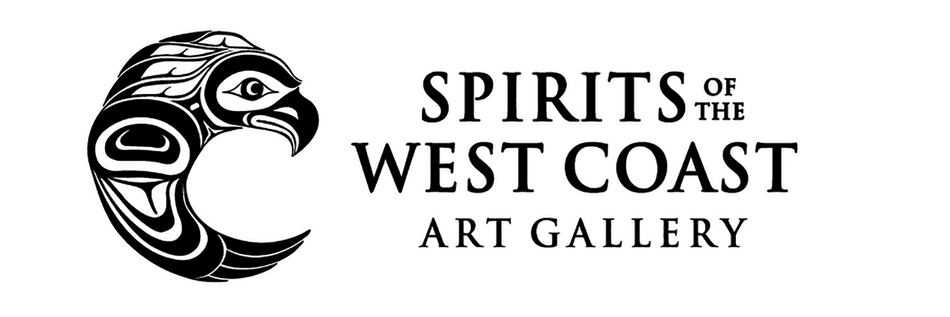
Interest from provincial, national and international tourists is increasing for most things Aboriginal.
That is the growing trend Brenda Holder has come to recognize over 17 years in the tourism business.
Holder, of the Aseniwuche Winewak Nation, is also the director for Alberta on the Aboriginal Tourism Association of Canada board, and owner/instructor of her own Aboriginal tourism business, Mahikan Trails, which provides outdoor adventures in the Rockies.
“From my own experience with the customers I serve, there is a huge interest in Aboriginal people, our culture, our traditions, just everything about us,” said Holder.
ATAC has “wonderful opportunities” for both those already in tourism and those who are interested in operating their own tourism businesses, she said.
And the Alberta government’s announcement this morning of a $100,000 grant to ATAC is proof of the growing industry, she adds.
“This really showcases that this is a very serious and strong partnership, that our government is listening to us and that they are seeing the value in Aboriginal tourism,” said Holder.
The announcement came on the same day that ATAC was hosting a forum at the River Cree Resort. It’s one of several forums to be held throughout the province in May and June.
The forum focuses on aspects of tourism and is “fact finding,” says Holder, to see how many Aboriginal tourism businesses are already in operation, what businesses are being considered and to let operators know that ATAC has resources available.
Holder believes that tourism is more than an opportunity for Indigenous people to make a living. It can also build bridges.
“Tourism is a wonderful forum to engage the international clientele, as well as Canadians, to bring people to the door to learn about us, to understand a little bit more about who we are as a people,” she said.
People “are hungry” for Aboriginal tourism, says Holder. She believes one of the reasons is because many new Canadians find themselves displaced.
“That means the countries they come from… they do have an Aboriginal history but they’ve lost it. So to come to an area, where we’re still in that living mode, we’re still part of all of that, it helps them to understand a little bit of their own history sometimes,” said Holder.
Read more here.




